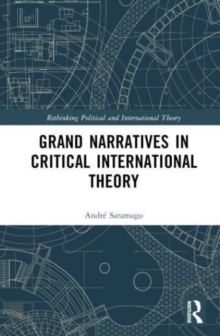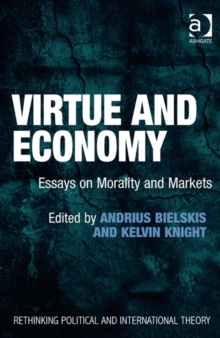
Creativity and Limitation in Political Communities : Spinoza, Schmitt and Ordering EPUB
by Ignas Kalpokas
Part of the Rethinking Political and International Theory series
EPUB
Description
There is an inherent tension between popular and establishment powers in political communities. With anti-establishment sentiment on the rise across Western democracies, exploring the underpinnings of this dualism and rethinking theories of political life within states is of paramount importance. By combining the theories of Carl Schmitt and Benedict Spinoza, this book develops a framework of continuous reproduction, whereby the two powers simultaneously hold one another in tension and supersede one another. In the same vein, political communities are shown to be perpetually caught in a cycle of creativity/contestation, derived primarily from Schmitt (the tragic groundlessness of politics) and limitation (derived primarily from Spinoza as a quasi-theological belief in the status quo).
Providing a novel theoretical framework explaining the workings of democratic politics, this book also offers a non-traditional reading of Spinoza and Schmitt. Whereas traditionally both have been treated as almost polar opposites, here they are held in creative tension, providing equally important building blocks for the proposed theory. By furthering their analysis, the author creates a new theory of political action.
Information
-
Download - Immediately Available
- Format:EPUB
- Pages:188 pages
- Publisher:Taylor and Francis
- Publication Date:16/10/2017
- Category:
- ISBN:9781351718844
Other Formats
- PDF from £31.58
Information
-
Download - Immediately Available
- Format:EPUB
- Pages:188 pages
- Publisher:Taylor and Francis
- Publication Date:16/10/2017
- Category:
- ISBN:9781351718844










